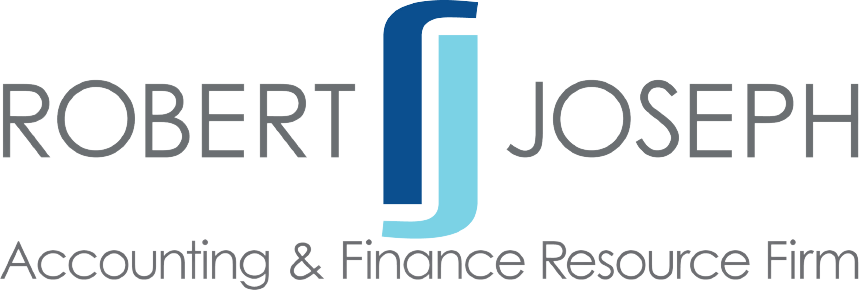Integrity – What’s Your Score?

According to Dictionary.com, integrity is an adherence to moral and ethical principles, soundness of moral character, and honesty. It is the state of being whole and complete, of sound, unimpaired condition.
C.S. Lewis sums it up with his now-famous line, “Integrity is doing the right thing, even when no one is watching.”
Many professionals profess integrity. Companies claim it too. But integrity is much easier to claim (and justify) than actually live or uphold in business. Can integrity even happen in the workplace if it is not first lived outside the workplace? For example, if you are cheating on your significant other, can others trust your integrity at work? Some would say the two are separate, with the one being their personal business, beliefs, etc., and not connected to work. But here is another thought. Why would they trust you within the company if you don’t respect and honor your closest relationship?
So, how does integrity present itself in the workplace?
It begins with choosing to live and work by moral principles, including
Honesty in every situation
Be upfront, transparent, and open.
If you mess up, hold yourself accountable. Admit your error and take full responsibility for the issues it caused or have the potential to call. Apologize. Take steps to correct the problem and do everything you can to make it right. Sometimes this includes taking indirect blame. For example, if someone under your supervision made a mistake that you missed before approving the final product or service, rather than blaming them, take responsibility for missing it.
Be honest in communication –in both what you say and what you imply. If there is a conflict, oversee the situation with grace and professionalism. Don’t bring past actions and problems into the conversation but focus on the issue under discussion. Don’t withhold pertinent information, but neither break confidence.
Be Trustworthy
Keep your promises. Stand behind your word.
Don’t miss a deadline. If you realize you cannot complete a project, be upfront about it, bring it to the table immediately, and get the help you need to make the deadline. Even if you cannot, your forthrightness will earn you grace from most individuals.
Be ultra-careful with classified information and high-risk tasks. Your company and its clients depend on you to value their privacy.
Build a strong work ethic. If you own the company, your example shapes it. If you are an employee, they are paying you to do the job. Anything less than your best effort and diligence is a form of dishonesty –fulfill your responsibilities, plus a little.
Be true to your colleagues. If they confide in you, keep it confidential.
Be Respectful
Integrity places value on others, regardless of position, financial standing, or any diversity. Be kind, patient, and give value to their opinion even when you disagree with it. Actively listen. Encourage. Recognize individuality and extend the benefit of the doubt. Ultimately, live by the golden rule – treating everyone from the homeless soul beneath the bridge to the CEO the way you want to be treated.
Finally, Uphold Moral Standards
Sometimes integrity requires uncovering unethical behavior in a colleague or even someone over you. It requires courage and discernment. However, if you have definite evidence of an unethical situation and you turn a blind eye, you become part of the situation. Therefore, handle it with caution and, unless you are in actual danger, approaching the individual and allowing them to correct their behavior is often the best option.
At Robert Joseph Group, we stand behind integrity, believing it is a common denominator in successful, rewarding career tracks. Our consultants are project or industry-specific experts with talent in every facet of accounting and finance. We match skilled financial professionals with the right companies and positions. Contact us today.
